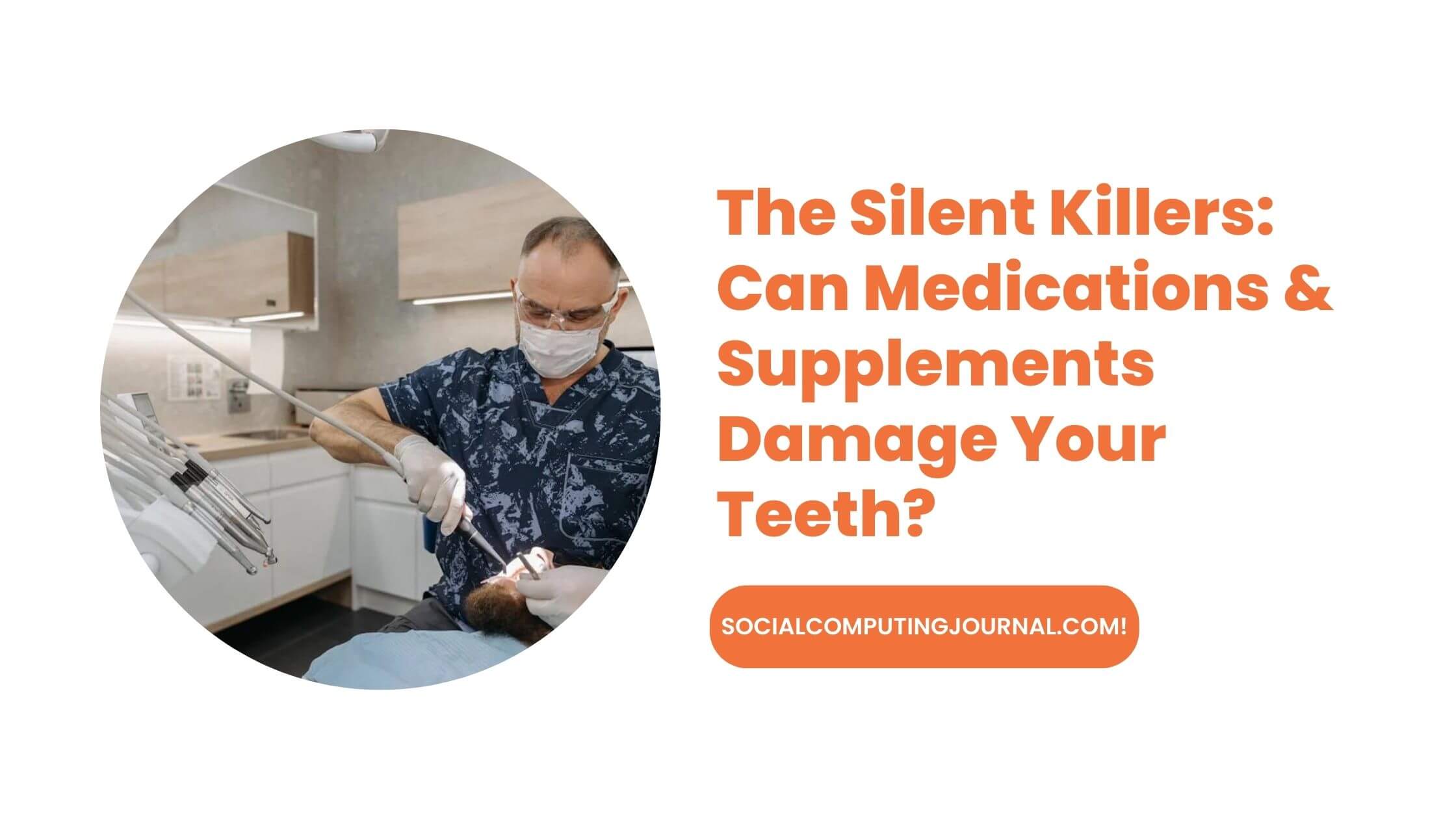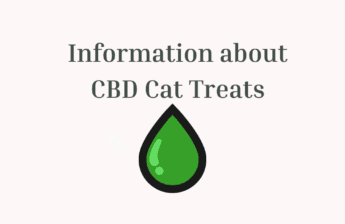Did you know that every time you use healthcare products to alleviate your physical well-being, it may secretly deteriorate your dental health? Reports suggest that many over-the-counter (OTC) and prescription medications can lead to tooth and gum problems.
On average, 26% of adults in America suffer from untreated tooth decay. Most of them have developed these issues due to certain medications.
According to GoodRx Health, some medications are more acidic and leave residue in your mouth, leading to tooth decay. Similarly, other drugs cause mouth dryness and reduce the amount of saliva secretion.
In this blog, we will discuss three types of medications that lead to unintended consequences for your dental health.
Contents
#1. Prescription Medications
Did you know that some prescription medications can lead to inflammation, ulcers, and bleeding in the gums? If left untreated, this issue can lead to serious dental problems, including tooth loss and decay.
Other drugs, like antidepressants and pain medications, can cause dry mouth as a side effect that can contribute to dental decay. When your mouth becomes dry, there is very little saliva secretion. That means your gums won’t neutralize the acids or eliminate bacteria. With a dry mouth caused by medications, you have an increased likelihood of developing gum disease and cavities.
Suboxone films or strips are a good example of this issue. Drugwatch states that this prescription medication is an approved treatment to reduce opioid dependence. However, it contains ingredients that can heighten your vulnerability to tooth sensitivity and enamel erosion, eventually leading to gum diseases. The abundance of these dental problems caused by Suboxone usage compelled the FDA to add warnings to this medication.
Unfortunately, it was too late for individuals who had already used this medicine without knowing the side effects. That’s why they filed a Suboxone lawsuit. The plaintiffs claim that the drug company, Indivior Solutions, knew about the risks of tooth decay but failed to warn them about it.
According to TorHoerman Law, this company has faced civil liability and criminal charges for prescribing and promoting Suboxone as a safe drug. However, no settlements have been reached in these lawsuits. Even then, the legal industry speculates that plaintiffs are eligible for compensation between USD 10,000 and USD 150,000.
#2. Over-The-Counter (OTC) Drugs
Did you know OTC medications like cough syrups and antacids can also affect your oral health? Let’s take a look at those in detail.
Cough Drops
Cough drops have sugar that can affect gum health. Its acidic nature contributes to enamel erosion and an increase in gum sensitivity. Moreover, having these liquid medications also disrupts your mouth’s normal pH value, creating a breeding ground for germs.
In some cases, the sticky consistency of cough syrups leaves a stubborn residue on your teeth. This is often a prevalent issue in children because this layer is hard to remove with regular brushing or flossing. As a result, they develop plaque buildup, leading to cavities.
Antacids
Antacids can lead you to develop a dry mouth and are often full of sugar. These promote tooth decay by reducing saliva secretion and bacteria buildup. Moreover, excessive antacid usage can influence the acid levels in your stomach. It can increase your gastric pH from 1.5 to 3.5.
When that happens, your body cannot absorb enough calcium or protein. Without these, your jaw strength and tooth integrity will be compromised because both are integral to maintaining positive dental health.
#3. Chewable Vitamin Gummies
Gummy vitamins have become increasingly popular in recent years. That’s why the market is growing at a 12.5% CAGR and is expected to generate USD 10.6 billion in revenue by 2025.
But did you know that the gummies and other supplements you’re taking are slowly hurting your dental health? Dentists believe that the presence of artificial colors and added sugar in these healthcare products makes them harmful to your dental health. Continuously taking these supplements will lead you to develop bacteria in your gums and oral cavity.
As a result, it increases the risk of tooth decay due to enamel erosion. Without treatment, it can eventually cause gum disease and cavities. Chewable gummies can also hinder your saliva’s ability to neutralize the acidity levels in your mouth.
In conclusion, healthcare products like OTC drugs and prescription medications can lead to unintended dental health problems. Even chewable vitamin tablets can lead to issues with your oral health.
Therefore, being aware of the side effects will help you care for your overall dental health. Remember to go for regular dental checkups if you’re on any prescription medications. You should also regulate the frequency of taking cough syrups, antacids, and chewable vitamins.
Disclaimer: This is an informational article only . We are not affiliated with any products or services.







